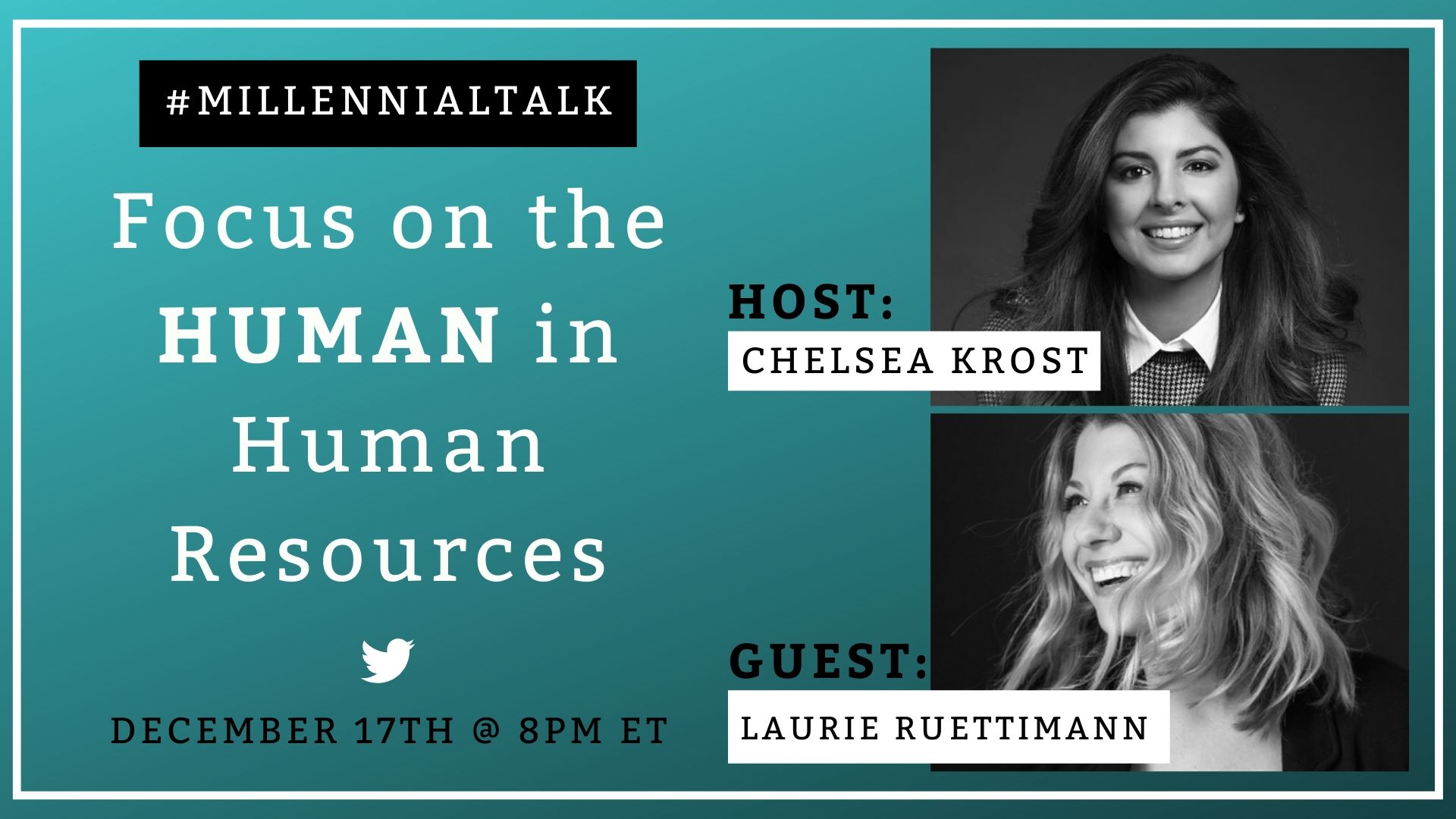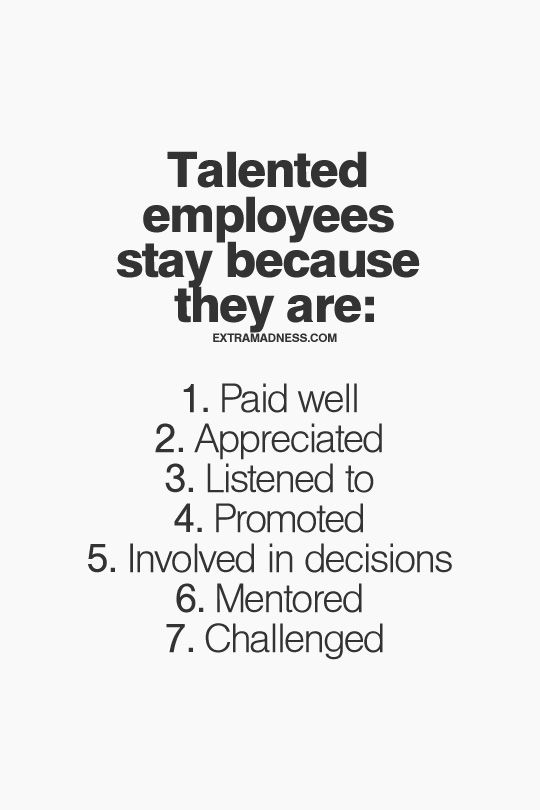
SHARE
READ & LEAVE A COMMENT

Employees are the heart and soul of a company, but who manages them? After all, there is a lot that goes into the employee experience and this is where Human Resources comes in! To further understand the importance of having an HR department and how they handle responsibilities such as finding employees and training them, we invited Laurie Ruettimann to join us on this #MillennialTalk as our expert guest. Laurie is a writer, speaker, and entrepreneur who has dedicated her career to fixing work.
We fully support Laurie’s mission to create workplace cultures that support, empower, and engage workers meaningfully. ????????
Ready to learn more? Check out our #MillennialTalk highlights below!
Scroll down for a recap of our Q&A:









Ready for more? Check out our #Millennialtalk RECAP
SHARE
READ & LEAVE A COMMENT